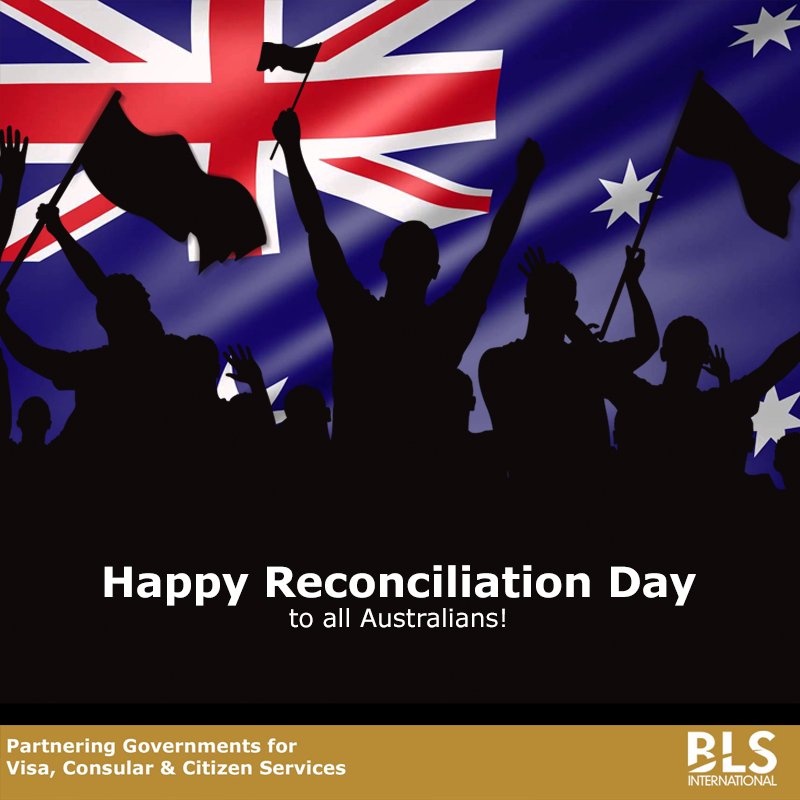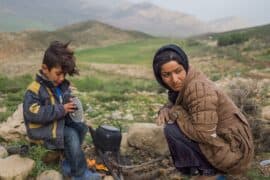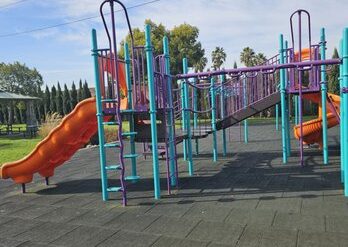Reaching Hearts on Reconciliation Day: A Parent’s Guide
G’day, amazing parents of Australia! ? Are you ready to embark on a heartwarming journey with your little ones this Reconciliation Day? Fear not! We’ve got the ultimate guide to help you navigate this significant occasion in a way that is both educational and engaging for your family.
Understanding Reconciliation Day
Reconciliation Day is a time for all Australians to learn about our shared histories, cultures, and achievements. It is about respecting the histories, cultures, and rights of Aboriginal Torres Strait Islander peoples. As parents, it is our privilege and responsibility to guide our children to understand and appreciate the importance of this day.
Why Is Reconciliation Day Important?
Talk to your children about the significance of Reconciliation Day. It’s a day that represents a bridge of understanding between Aboriginal and Torres Strait Islander peoples and non-Indigenous Australians. Striking up a conversation about the importance of this day not only teaches your kids about empathy and respect but also sows the seeds of a more inclusive society for generations to come.
Activities to Engage Your Children
? Storytelling Sessions ?
Dive into the captivating tales of the Dreamtime—ancient stories passed down through Aboriginal and Torres Strait Islander oral traditions. These stories are not just entertaining, but they’re a gateway to understanding the culture and values of Australia’s First Peoples.
? Nature Walks ?
Take a walk about in your local bushland, park, or nature reserve. Encourage your kids to reflect on the land’s traditional owners. Discuss how we can all contribute to caring for the land, just as Indigenous Australians have been doing for tens of thousands of years.
Educational Resources
Fortunately, there are many resources available to support your family’s learning journey on Reconciliation Day. Here are a few to get you started:
- Reconciliation Australia’s Narragunnawali: This program provides practical tools, resources, and action plans to support reconciliation in schools and communities.
- AIATSIS Map of Indigenous Australia: Explore this detailed map with your kids to learn about the diverse language, tribal, and nation groups of Indigenous Australians.
- The Indigenous Literacy Foundation: Discover a wide range of books that celebrate the stories and languages of Aboriginal and Torres Strait Islander communities.
All these resources are not just educational—they’re a treasure trove of stories and knowledge that have the power to touch the heart and open the mind.
Ways to Honor Reconciliation Day
As a family, there are many meaningful ways you can honor Reconciliation Day:
- Attend local Reconciliation Day events or virtual webinars that highlight Indigenous culture and historical perspectives.
- Create art together using symbols and themes that reflect Aboriginal and Torres Strait Islander heritage.
- Listen to and share music by Indigenous Australian artists to immerse yourselves in the diverse sounds and stories that they bring to life.
Reconciliation Day in Australia is a day to celebrate unity and foster understanding across cultures. As parents, when we take the time to learn and engage with our nation’s history and the stories of its First Peoples, we not only educate ourselves but also inspire our children to become compassionate and knowledgeable future citizens. Let’s embrace this opportunity to grow together on this special day.
In closing, participating in Reconciliation Day is a wonderful way for families to engage in rich learning experiences while creating lasting memories. It’s about taking little steps towards a big goal—creating a community that’s built on mutual respect, understanding, and healing. And who knows, in the midst of all these enriching activities, you and your kids might just make some new friends!
So, buckle up and get ready to make Reconciliation Day a truly memorable occasion for your family. Stay tuned for more ideas, stories, and insights that will help you navigate this day with joy and purpose. Celebrating the spirit of reconciliation is a journey that we can all be proud to be a part of—together!

5 Things Parents Should Know in Preparing for Reconciliation Day Australia
1. Understanding the Historical Context
Before the festivities begin, it’s crucial to familiarize yourself and your children with the historical context surrounding Reconciliation Day. The day marks a time of commemoration for the past injustices faced by Aboriginal and Torres Strait Islander peoples, and it stands as a pledge towards building a more equitable future. It’s the perfect moment to educate your family on Australia’s rich Indigenous history and the significance of reconciliation.
2. Exploring Indigenous Cultures and Contributions
Reconciliation Day is the perfect opportunity to explore the vibrant cultures and significant contributions of Indigenous Australians. Take this chance to discover and discuss with your kids the inventions, the arts, the land management practices, and other varied ways through which Aboriginal and Torres Strait Islander people have shaped our nation.
3. Participating in Community Events
Check out the community events organized for Reconciliation Day. From festivals, cultural performances to workshops, attending these events is a dynamic way to engage your children and show support for the reconciliation movement. Encourage your children to ask questions, participate in activities, and understand the value of these community gatherings.
4. Embracing the Arts and Crafts
Engage your children with creative activities such as painting, drawing or crafting at home or at local art classes that celebrate Indigenous themes. Art can be a profound tool for children to express their understanding and appreciation of a different culture. Encourage them to create something that represents what they’ve learned about the land, its people, and the significance of reconciliation.
5. Teaching Respect and Empathy
Perhaps the most important thing to prepare is your children’s hearts. Teach them respect and empathy towards all cultures. Explain to them why it is important to acknowledge the traditional custodians of the land and show gratitude for their stewardship. These lessons, more than any other activities, will prepare them to not only observe Reconciliation Day but to live out its principles in their daily lives.
These five points are a gentle nudge to start conversations, spark curiosity, and encourage active participation in the spirit of reconciliation. Remember, each family’s journey will be unique, but the goal remains the same: coming together to honor and learn from the First Australians and continue working toward a future of shared respect and harmony.
Ensuring our little ones are well-prepared for Reconciliation Day imbues them with the knowledge that they are a part of a broader, diverse community—a community that thrives when each of us is willing to learn from and respect one another. With the heartwarming essence of this guide, we hope your family embraces Reconciliation Day with open minds and hearts, ready to contribute to a brighter and more inclusive Australia for everyone.
. For more information see here
Disclaimer
The articles available via our website provide general information only and we strongly urge readers to exercise caution and conduct their own thorough research and fact-checking. The information presented should not be taken as absolute truth, and, to the maximum extent permitted by law, we will not be held liable for any inaccuracies or errors in the content. It is essential for individuals to independently verify and validate the information before making any decisions or taking any actions based on the articles.




